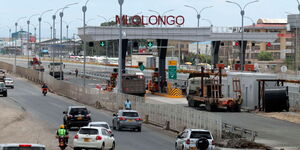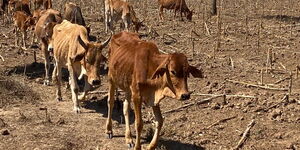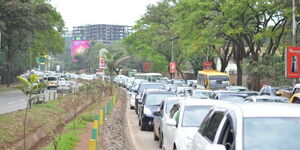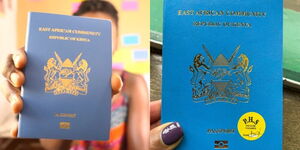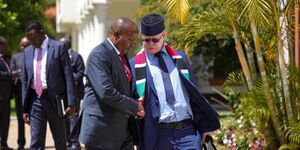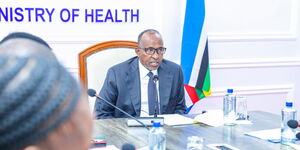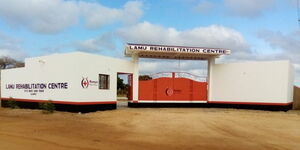The government, on Tuesday, March 14, revealed that it was seeking help from Tanzania to curb the high cost of living.
Kenya National Trading Corporation (KNTC) Managing Director, Pamela, Mutua, while appearing on Citizen TV, revealed that Tanzania was among the African countries the government was sourcing food commodities from.
The revelation was made seven days after Tanzanian President Samia Suluhu revealed that a neighbouring country had sought its help amidst depleting forex reserves.
“We are sourcing duty-free commodities from African countries to curb high prices resulting in a raised cost of living," Mutua stated.
"We are looking to import 80,000 metric tonnes of beans, which is coming from Tanzania and Ethiopia," she added.
Apart from Tanzania, the government was also seeking urgent basic commodities outside the continent.
“We have already started importing some rice from India as it takes a shorter time to come through,” she revealed.
Mutua further assured Kenyans that cheaper cooking oil and fat would arrive in Kenya in April 2023.
In her interview, she was tasked with explaining strategies the government crafted to stabilise maize prices after Deputy President Rigathi Gachagua pinpointed a global shortage.
“We are focusing on how to improve production so we can be sustainable as a country and not be affected by the global shortage.
“As an agency, we have put short and long-term measures to cushion Kenyan farmers,” Mutua affirmed.
As a short-term measure, the government embarked on the duty-free importation of commodities and distribution of fertilisers to farmers as a long-term strategy.
“By giving farmers subsidised fertilizer, we are optimistic that in the next seven months, the country will have a bumper harvest,” she remarked.
Suluhu, on Wednesday, March 8 revealed that a forex reserves of amember of the East African Community (EAC) was depleting. She was thus approached daily to aid curb the crisis.
“Economically, we are the best in EAC. While everyone complains about the lack of forex reserves, we have enough for four months. One of our neighbours here does not have even for one week.
“When they come to us for help, I tell them we are in the same situation although our economy is stronger,” Suluhu stated.
Kenya, in response, refuted the claims maintaining that Kenya had enough reserves. According to Treasury Principal Secretary, Chris Kiptoo, World Bank was expected to disburse 1 billion dollars to bolster Kenya's reserves.


